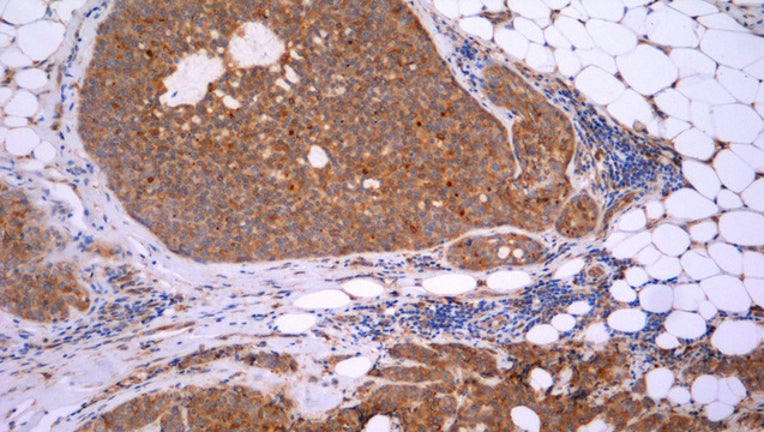Moffitt researchers working on breast cancer vaccine

TAMPA, Fla. - October is breast Cancer awareness month. Breast cancer is the most common cancer among American women, except for skin cancers. About 1 in 8 (12%) women in the US will develop invasive breast cancer during their lifetime. Wouldn’t it be nice if we could stop the cancer before it even occurs or spreads?
Dr. Brian Czerniecki, head of Moffitt Cancer Center’s breast program, is working on a vaccine for breast cancer. "It's a revolution that's about to explode in the field of breast oncology." His researchers at Moffitt are working on vaccines for the HER-2 subtype but there are vaccines in the works for triple negative, ER+, DCIS and prevention for BRCA mutation carriers.
The doctor says the vaccines work like a vaccine would work against a virus. "You're revving up your immune response against certain proteins the cancer cells have on them and you're trying to prevent disease from developing or prevent the disease from reoccurring. That's the ideal situation when vaccines are used. You can akin it to the shingles vaccine where women have or patients have a chicken pox virus and you're going to prevent reactivation as shingles."
Dr Czerniecki originally began his trials at the University of Pennsylvania but moved them to Moffitt Cancer Center. He says they currently have several different vaccine trials open, one for women with triple negative breast cancer, and one for women with HER 2 positive breast cancer. TheY have several new ones opening in the next several months that will try to prevent reoccurrence. Dr. Czerniecki says, "We even have some for women with DCIS, the earliest form of breast cancer."
How close are we to this becoming the norm? "Realistically, it will be five to ten years before you'll see the first approvals of vaccines. The first ones will probably be for preventing reoccurrence. We are preventing breast cancer events in DCIS patients currently. This is exciting. To get to complete prevention will probably take closer to ten years."
Watch the full interview with Dr. Czerniecki below (mobile users click here:)

